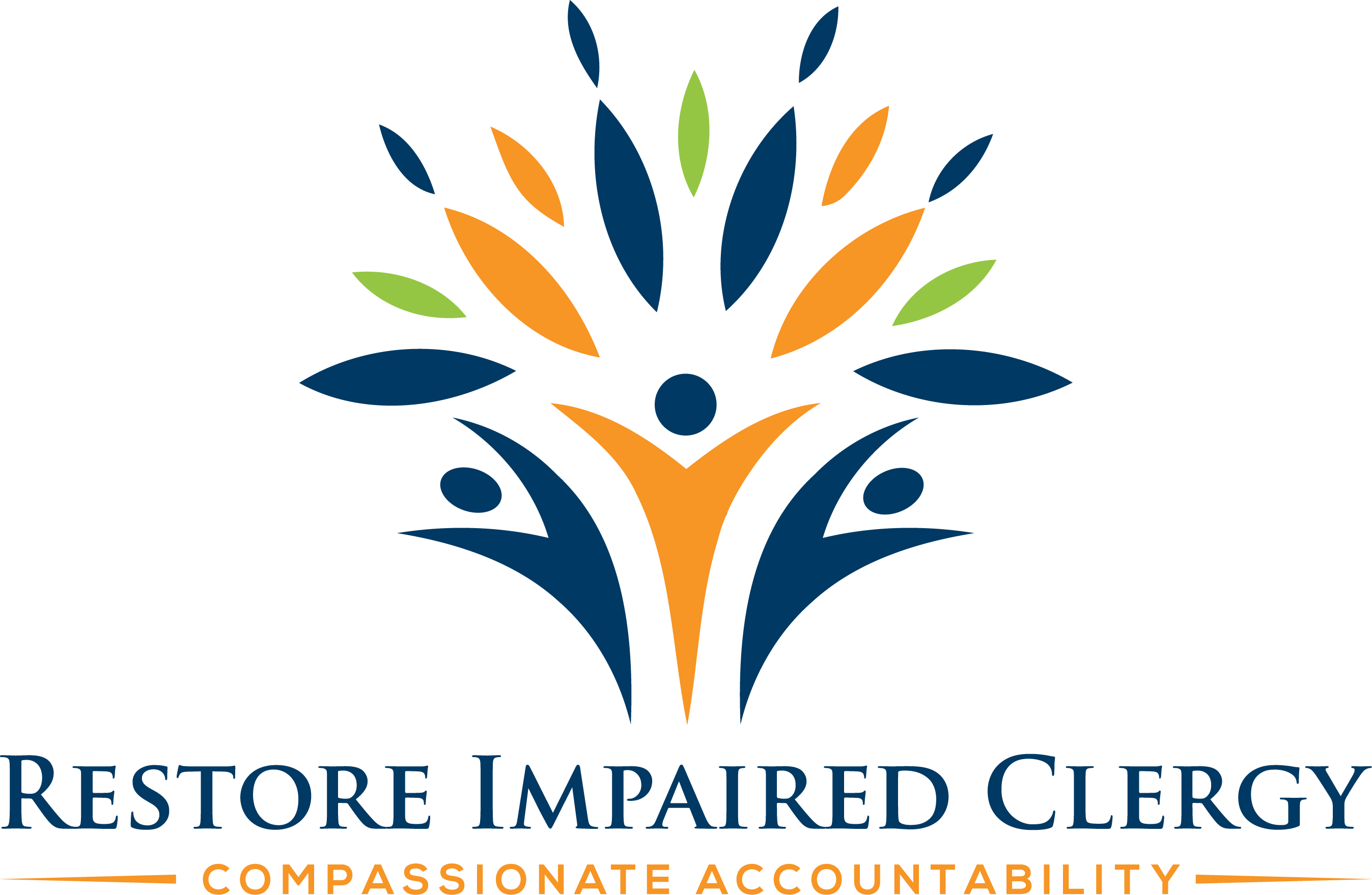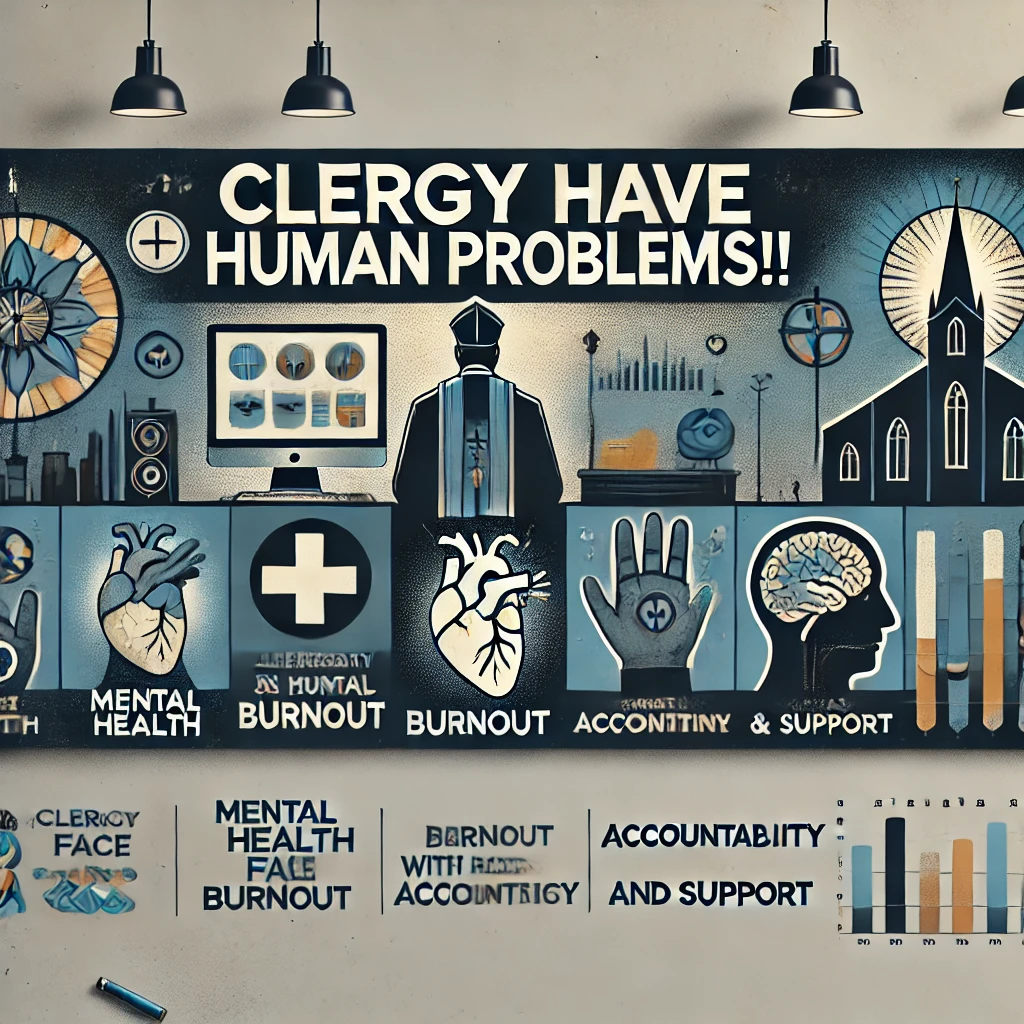
Or – The CRIC Proves That Clergy Have Human Problems, Too!!
Unbelievable
“Seriously, CRIC needed to prove that clergy have human problems like addictive disorders and mental illnesses?” sighed CRIC Board Chair, Rev. Wendy Miller Olapade.
Yup. There is a magical notion that being chosen by God gives someone special protection from human problems. Even a cursory reading of Scripture shows that the specially chosen 12 disciples of Jesus could be jealous, cowardly, faithless and even traitorous. That they were holy men of God did not protect them from having serious human problems.
Dr. James Yankech of Nebraska Wesleyan University assembled data from a variety of sources showing that clergy have high rates of behavioral health issues just like other people. Perhaps even higher. Like other professionals, clergy are responsible for other people. They work long hours. They often feel isolated. These factors lead to burnout or chronic discouragement. Add them all up and you have people who are at high risk for mental health disorders like depression and quick fixes that lead to addictions. You can get Jim’s 6-page paper from [email protected]. Next round of research will show the success of impaired practitioner programs in other professions.
Very Believable
Mr. David Shellenberger, RN, President and CEO, St. John Vianney Center was welcomed to the Board. He briefly discussed his life and ministry with this treatment program for Catholic Clergy and Religious. It is the oldest and largest treatment program for Clergy. St. John Vianney also works with protestant clergy. Located in Downingtown PA, near Philadelphia, they have both outpatient and residential services. David is the 9th Board member, and CRIC now has a full board. We look forward to working together.
Totally Believable
Compassionate Accountability describes CRIC’s work in a nutshell. We want church bodies to be moved by compassion to use the best practices for behaviorally impaired clergy. We also want behaviorally impaired clergy to be accountable for doing the right thing. Our goal is to provide those best practices that are summed up in the words, “Compassionate Accountability.”
Just Say “No Thanks”
Compassionate Accountability is the newsletter of The Center for the Restoration of Impaired Clergy. You receive it since you indicated an interest in the Center’s work. To stop it, just say “No Thanks.” The newsletter is assembled by Otto Schultz so address your complaints and questions to [email protected].

